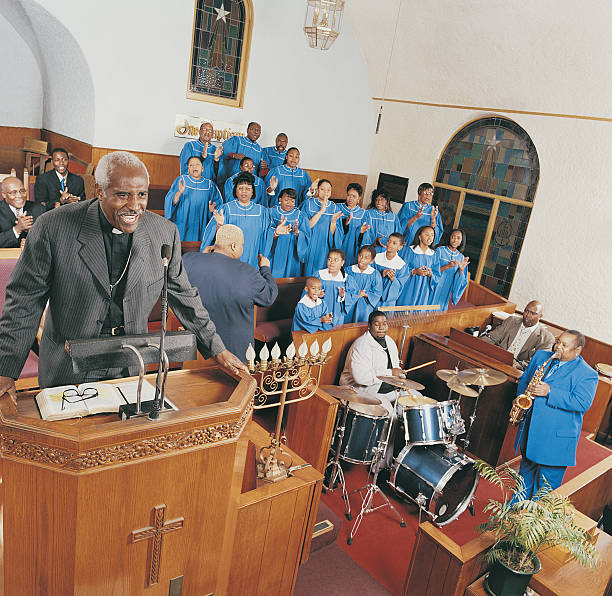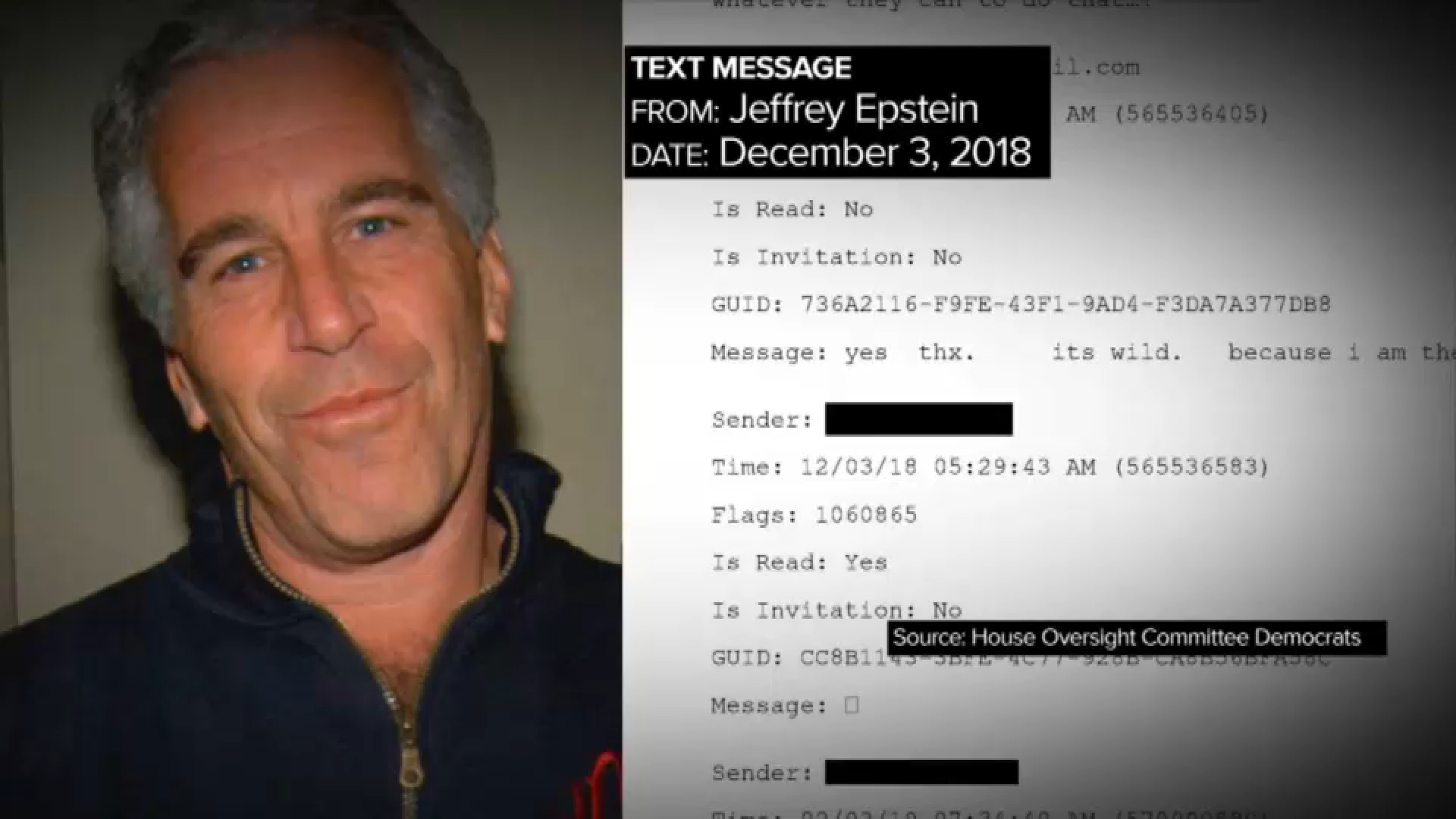(ThyBlackMan.com) Let it sit. Stew in it for a few more minutes. Repeat.
Stop paying non-staff church musicians!
I don’t expect people who care about this topic to agree with me. In fact I expect to meet with a lot of resistance, if not outright hatred. But I’m not joking, nor am I holding back on the punch.
Stop paying non-staff church musicians!
There are clearly a million different directions I could go with this topic. But, for the sake of time and space I’m going to stick to three points. Those points are:
1) Being specifically appointed, or called to your position;
2) Is what you do an integral part of the gospel being proclaimed?
3) With ministry comes sacrifice;
Temple musicians have always been a very important part of worship. This very topic is brought up in the Old Testament where we see King David actually appointing entire families to be responsible for worship music. In fact these families produced 288 people who were skilled and trained musicians (1 Ch 25:4) whose sole job it was to declare the greatness and goodness of God through music.
Still you might think that, “why are you against musicians being paid?”
Hang in there, we’re almost to the bridge (all of my musician friends, er, ex-friends will know exactly what that means. If you’re not a musician it simply means we’re almost to the good part.)
Under God’s instruction when Moses divided the land of Israel among the 12 tribes, the tribe of Levi was strategically excluded. Instead it was their job to be the priests of the temple and preservers of everything associated with the temple. Because they weren’t allowed to do anything else God declared that they could have certain food offerings that were brought to the temple (Deut 18:1) in order to sustain themselves. Ultimately God tells the Levites that “I am your inheritance,” meaning that they were ultimately to rely on Him for provision.

It is here that the biblical foundation for who is supported by the ministry, I believe, is set into place.
This principle permeates the New Testament as well. You don’t think so?
In the New Testament the apostle Paul was;
a) specifically called from being identified as Saul of Tarsus to being called Paul, arguably one of the most influential apostles of all time;
b) His writings, teachings and mission work probably did more for spreading the gospel than any other apostle of his time;
c) He sacrificed earthly comforts and even his life (Phil 3:7-8). Therefore, it is my opinion that he passes the biblical litmus test for being supported by the gospel (even though he often chose to sustain himself financially as a tentmaker (Acts 18:3). He did, however, occasionally receive support from believers while he was working on behalf of the gospel (2 Cor 11: 7-9).)
Fast forward to today. I know that it seems almost obscene to say that churches are businesses, but they are. They have bills to pay and people to support. I believe that if a musician is not an official member of the church staff, meaning they’re employed by the church, then their position should be on a volunteer basis. To put it plainly, if it’s work (and no job at a church is simply just “work”) then you’re in the wrong line of work. If it’s ministry, (and I think it I’m in-bounds by saying it should be) well, read on.
I don’t remember anywhere in the scripture where God did not amply reward someone who sacrificed something for Him. Relying on God for your provision takes, dare I say faith? (And of course no one is expecting you to sacrifice your life to play the drums on Sunday.)
If a musician only shows up because of a paycheck the church has established a very dangerous and destructive precedence. On whose provision are you forcing your musicians to rely upon? At the end of the day a musician also has a soul that needs to be fed by good theology. I understand the heart of compassion that a lot of ministries have towards their musicians. I get it. But, at the end of the day these churches aren’t doing these people any good if they’re not being consistent in their teaching.
I believe that sound theology should permeate every decision and contract that the church enters into. And why shouldn’t it? Jesus addressed both the practical and spiritual needs of people in his very first recorded miracle, which was turning the water into wine. This profound event had both deeply spiritual and practical applications. The church is not immune from this same methodology. Just writing a check, in many cases, is taking the easy way out.
And lastly, have we come to a point in our society where the only acceptable way to acknowledge the presence of a gift (i.e. musicianship) is by way of money? Sometimes a talent displayed in a sacrificial manner is much more profound than it would be if paying that person is compulsory.
This is something that I’m very passionate about (can’t you tell?) because all too often I see good musicians holding church leaders hostage by fleecing the weekly offerings by turning their gift into a “pay to play” exercise. I’m not detached from this reality because I used to be a church musician. I understand and appreciate, intimately, a musician’s role in worship.
In the end, above anything, I hope that this opens up a conversation between church leaders and their musicians. Ministries are very creative and resilient. They can, and should, find a way that is both theologically sound and legal to show how much they appreciate their musicians. It just doesn’t always have to be in the form of a check or wad of cash.
Staff Writer; Steven Robinson
Christian brother who is serving the man above. He may be contacted at; StevenRob@ThyBlackMan.com.

















The most relevant part of this opinion piece is his admission that churches are a business. If so, tax them. That said, why pay Ministers too? Then you won’t have Pastors standing in the pulpit berating parishioners for not buying him a luxury watch. I’ve certainly never seen a church musician demand a luxury watch from the congregation. Jus’ sayin’.
But here’s a lil quote from the Bible too…
“Thou shalt not muzzle the ox that treadeth out the corn,” and, “The laborer is worthy of his reward.” 1 Timothy 5:18
Anyone who works on their craft and provides a service; deserves to be paid.
I’m a drummer and I’ve played many years in bars, honkytonks, festivals and I played for a few years at local churches. Based on the musicians who are serious about their craft, meaning they practice and learn the songs, and are ready to play when the gig begins (bar or church), keep their instruments tuned and in good shape, and overall good people, I’ll take the bar musicians any day over the church musicians. Churches that don’t pay the musicians are getting second, third and fourth rate musicians. I’ll probably never play in another church for free because I’m tired!
I’m tired of spending 2-4 hours at home through the week learning the songs, driving to rehearsal with gas @ $3.00 per gallons and finding out the bass player didn’t learn his part and is holding rehearsal up because he’s learning on the fly.
Driving back home, Driving to church on Sunday and Sunday night to worship and play, Driving back home after each worship service. Then if you have to use your kit, the wear and tear on the drums, drumheads, and broken sticks is very costly. I thank God for blessing me with talent and I certainly owe Him, but when a 15 year old is getting paid to babysit toddlers at church and musicians are being taken advantage of, no thank you! Not anymore.
Paul also said the workman deserves his wages
Stop paying preachers! Stop paying media personnel! Stop paying maintenance workers!
Stop paying bills!
Perhaps musicians should not all be paid, but each church needs a minister of music. Someone who knows how to lead and inspire, and someone who can choose music that is theologically sound, yet inspires worship and prayer.
In a related matter no pastor should have a compensation package that exceeds the average situation of their congregation. To minister is to serve. Pastors should not be driven by greed or promises of wealth. Jesus led a simple life, and so should Christians. Pastors need to model that life for their congregations.